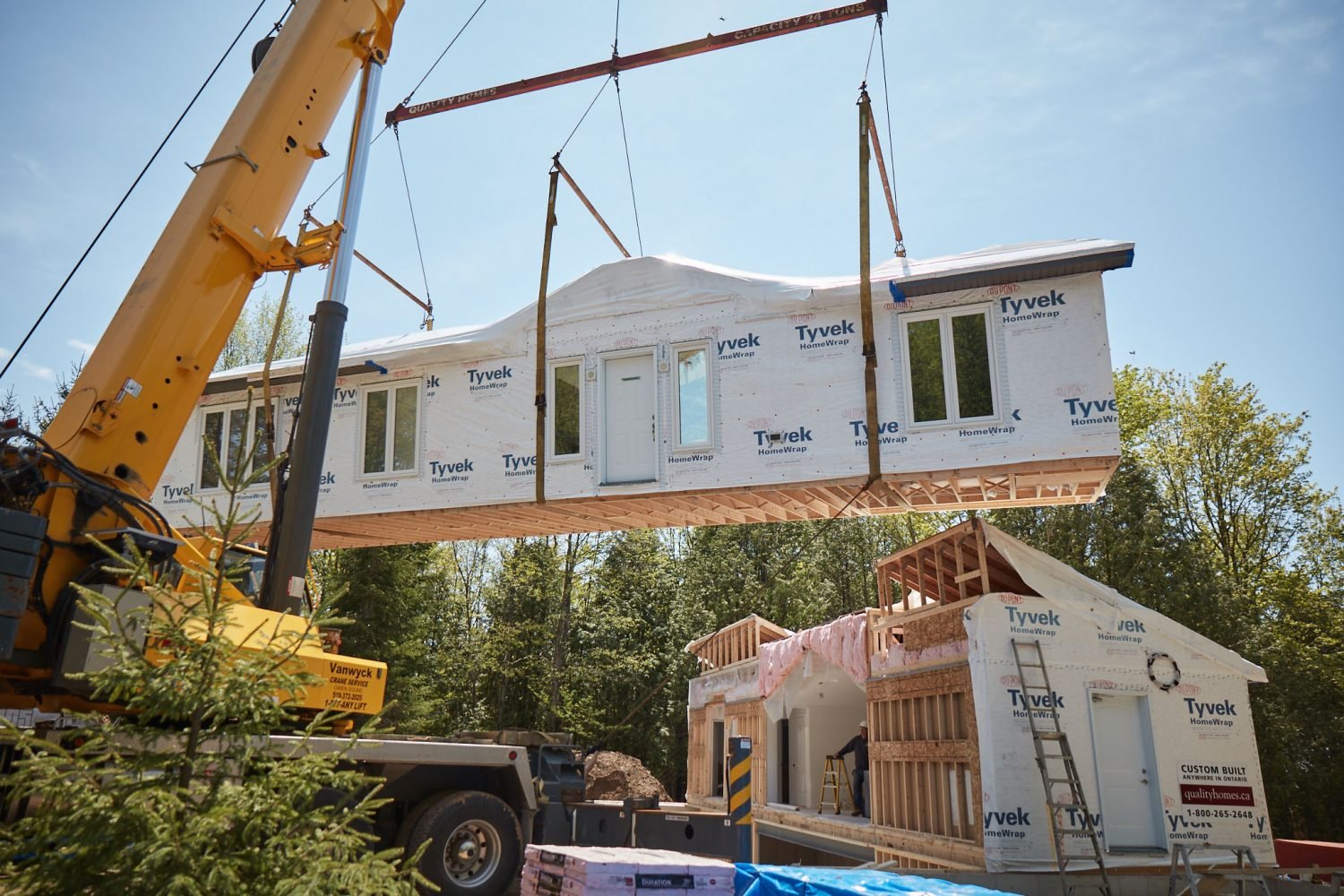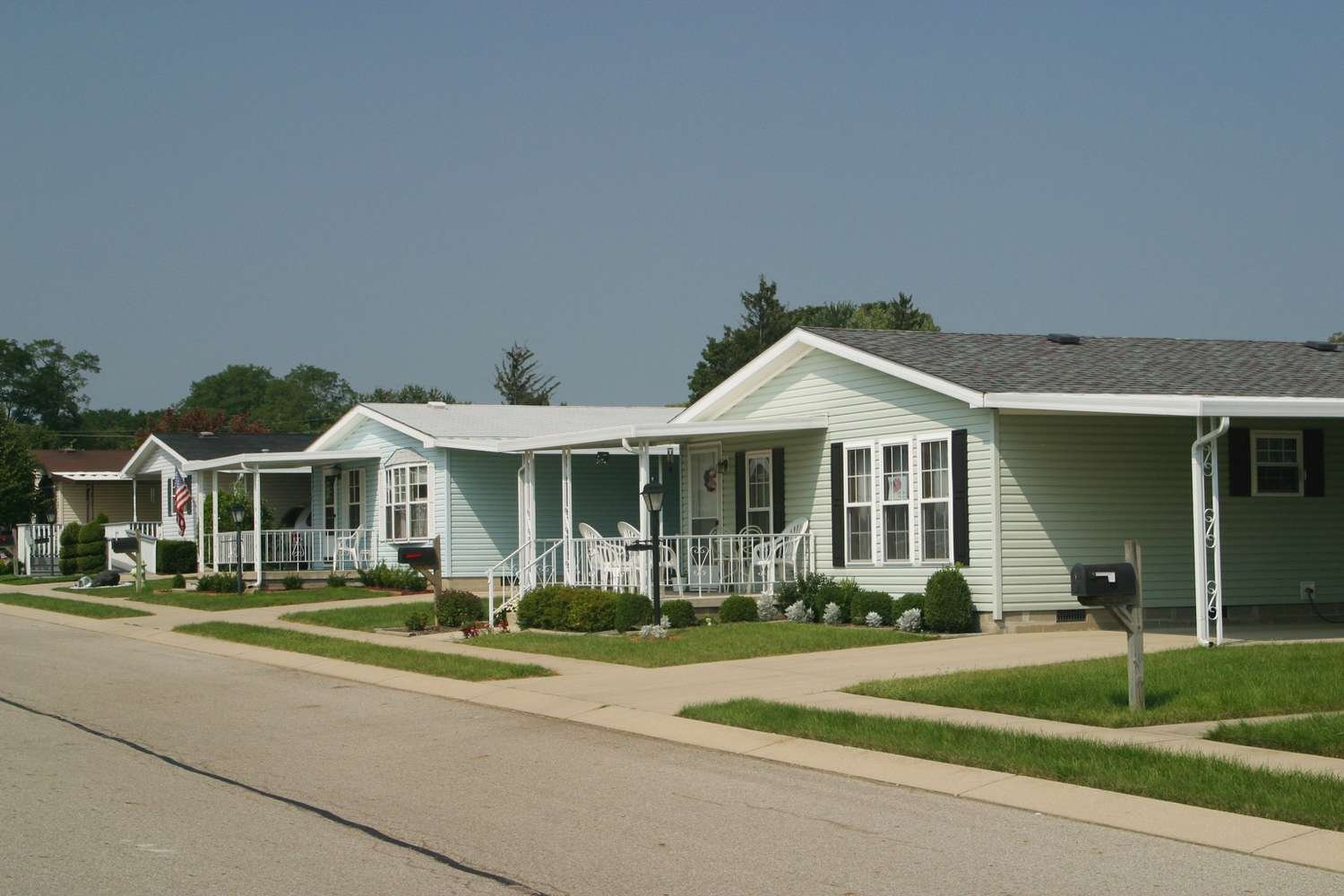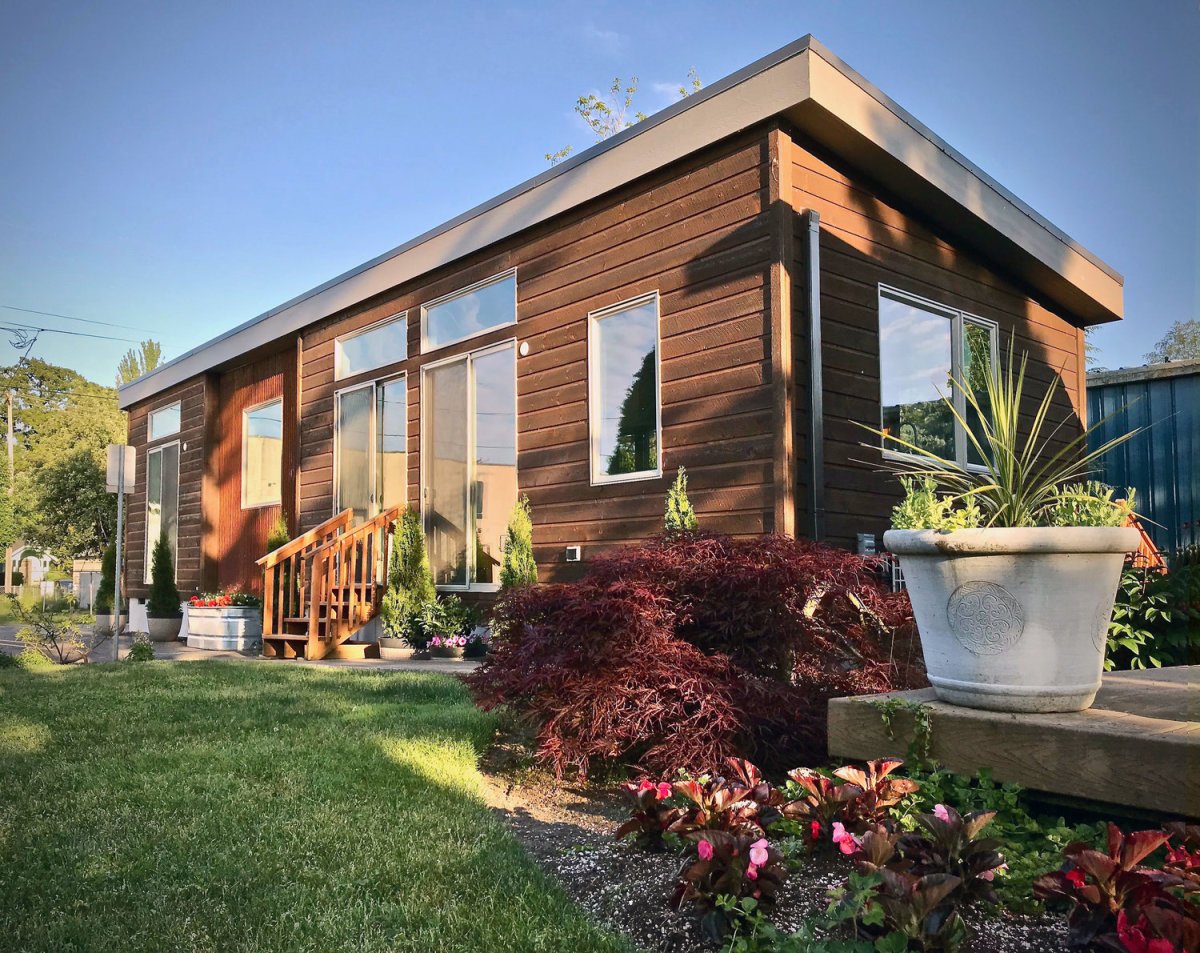**Do Modular Homes Hold Their Value: Exploring Factors and Insights**
Key Takeaways:
- Modular homes retain value comparably to traditional homes.
- Their resale value tends to be on par or superior.
- Value depreciation is primarily due to poor maintenance or subpar location.
- Affordability, customization options, and low maintenance expenses enhance their investment potential.
Do Modular Homes Hold Their Value?

Value Retention of Modular Homes
Most definitely, modular homes hold their value over time, just like traditional homes. In fact, their resale value is often comparable to or even better than site-built homes. Value loss typically occurs only due to poor condition or an undesirable location, factors that affect all types of homes.
Factors Influencing Value Retention
Like traditional homes, several factors determine the value retention of modular homes:
-
Construction Quality: Modular homes are built in controlled factory environments, ensuring high construction standards. This reflects well on their durability and longevity.
-
Customization Options: Modular homes offer extensive customization, allowing homeowners to design their dream homes within their budget. This flexibility enhances their appeal in the resale market.
-
Energy Efficiency: Modular homes are typically built to meet or exceed energy efficiency standards. This feature reduces energy costs for homeowners and increases their value as energy costs continue to rise.
-
Low Maintenance: Modular homes require less maintenance than traditional homes due to their factory construction. This reduces ongoing expenses and makes them more attractive to potential buyers.
-
Initial Cost: Modular homes are often more affordable than traditional homes, providing a cost advantage to homeowners. This lower entry point can increase their value as they appreciate over time.
Conclusion
Modular homes do hold their value and offer advantages that make them attractive investments. Their high construction quality, customization options, energy efficiency, low maintenance, and affordability contribute to their strong resale value. Whether you’re a homeowner, investor, or prospective buyer, considering modular homes for their value retention is a wise decision.
Are you curious about the financial implications of manufactured homes? Explore our in-depth analysis here: do manufactured homes depreciate
Considering investing in a modular home? Uncover the potential for appreciation in our comprehensive guide: do modular homes appreciate
Discover the long-term value of modular homes and how they compare to traditional homes: do modular homes appreciate in value
Relive the excitement of returning to college with our collection of inspiring quotes: going back to hostel from home quotes
Challenges in Valuing Modular Homes

While modular homes are built to the same standards as traditional homes, they may face some unique difficulties when it comes to valuation.
Key Takeaways:
- Stigma and Market Perception: Modular homes can face a stigma, which can influence their resale value.
- Location and Condition: Like traditional homes, location and condition play a significant role in modular home valuations.
- Appreciation and Financing: Modular homes appreciate in value over time, like traditional homes, and they are eligible for financing from banks and mortgage lenders.
Market Perception and Stigma
One of the main challenges in valuing modular homes is the stigma associated with them. Some people may perceive modular homes as less desirable than traditionally built homes, which can affect their resale value.
Location and Condition
Just like traditional homes, location and condition are crucial factors in determining the value of modular homes. Homes in desirable neighborhoods and in good condition will generally command higher prices.
Appreciation and Financing
Despite the stigma, modular homes do appreciate in value over time, similar to traditional homes. They are also eligible for financing from banks and mortgage lenders, providing a range of purchase options for potential buyers.
Conclusion
Understanding these challenges is crucial for homeowners, investors, and prospective buyers when making informed decisions about modular homes. By considering factors such as market perception, location, condition, appreciation, and financing, they can better assess the value and potential return on their investment.
Citations:
- Pros and Cons of Modular Homes: A Comprehensive Analysis
- Do Modular Homes Hold Their Value? Pros, Cons, & Appreciation
Market Trends and Demand
Value retention in the housing market is a crucial consideration for homeowners, investors, and prospective buyers alike. Modular homes, an increasingly popular housing alternative, have sparked curiosity about their value-holding capabilities.
Value Retention: Comparable to Traditional Homes
Similar to traditional homes, modular homes retain their value well when maintained and located in favorable areas. The factory-controlled construction process ensures high-quality materials and precision, leading to durability and longevity.
Influencing Factors: Location and Condition
As with traditional homes, the condition and location of a modular home play a significant role in its value retention. Well-maintained homes in desirable areas command higher values.
Appreciation Potential
Modular homes have the potential to appreciate in value over time. As housing demand rises and supply remains constrained, the value of both modular and traditional homes is likely to increase.
Key Takeaways:
- Modular homes hold their value similarly to traditional homes.
- Location and condition are key factors in value retention.
- Modular homes have appreciation potential.
Citation:
– Do Modular Homes Hold Their Value? Pros, Cons, & Appreciation
– Do Modular Homes Hold Their Value: Exploring the Market Trends
Investment Considerations: Exploring Value Retention in Modular Homes
Modular homes have entered the housing market with a bang, offering a tantalizing blend of affordability, customization, and eco-friendliness. But a burning question lingers: how do modular homes fare when it comes to holding their value? Let’s dive in!
Location, Location, Location
The adage holds true for all homes, modular or not. Prime locations in desirable neighborhoods tend to boost resale values. Proximity to amenities, schools, and transportation hubs adds to the appeal.
Condition and Maintenance
Just like traditional homes, the condition of your modular home plays a crucial role in its value. Regular maintenance, such as painting, roof inspections, and landscaping, will keep its curb appeal and functionality in tip-top shape. Remember, a well-maintained home is a valuable home.
Comparable Homes
When appraising a modular home, real estate professionals look at comparable properties in the area. If similar modular homes have sold recently for a higher price, it’s a positive sign for your home’s value. On the other hand, if comparable sales indicate a lower value, it’s worth exploring why.
Other Factors
Beyond the traditional factors, modular homes have unique characteristics that can influence value:
-
Customization: Modular homes offer a high degree of customization, allowing you to tailor your home to your specific needs. This personalization can enhance its resale appeal.
-
Energy Efficiency: Modular homes are typically built with advanced energy-efficient features. This can translate into lower utility bills, which can positively impact resale value.
Key Takeaways:
- Location, condition, and comparable sales are key factors influencing resale value for both modular and traditional homes.
- Regular maintenance is crucial for preserving your home’s value.
- Modular homes offer potential advantages like customization and energy efficiency that can enhance value.
Relevant URL Sources:
- Do Modular Homes Hold Their Resale Value?
- Do modular homes hold their value?
FAQ
Q1: Do modular homes hold their value as well as traditional homes?
A1: Yes, modular homes hold their value comparably or even surpass traditional homes in terms of value retention.
Q2: What factors influence the resale value of modular homes?
A2: Location, condition, and real estate market comparables are key factors that influence the resale value of modular homes, similar to traditional homes.
Q3: Do modular homes appreciate in value over time?
A3: Yes, modular homes have the potential to appreciate in value over time, just like traditional homes.
Q4: Are modular homes a good investment?
A4: Yes, modular homes can be a great investment due to their lower initial costs, customization options, and low maintenance.
Q5: Can I obtain financing for a modular home?
A5: Yes, banks and mortgage lenders offer financing options for modular homes, allowing prospective buyers to explore multiple purchase options.
- How to Lower Pool Alkalinity: A Step-by-Step Guide - April 25, 2025
- How to Permanently Get Rid of Voles and Moles - April 25, 2025
- How to Get Rid of Mushrooms in Your Lawn: A Complete Guide - April 24, 2025










